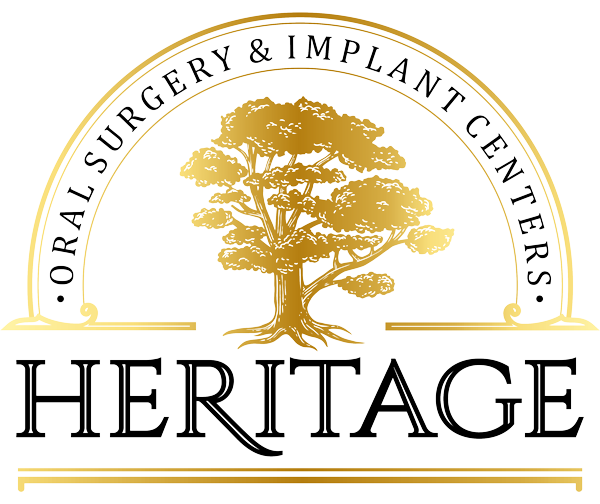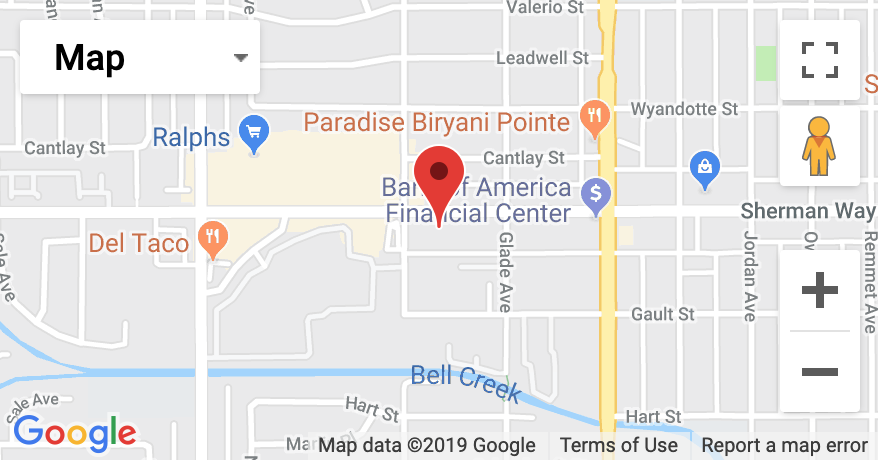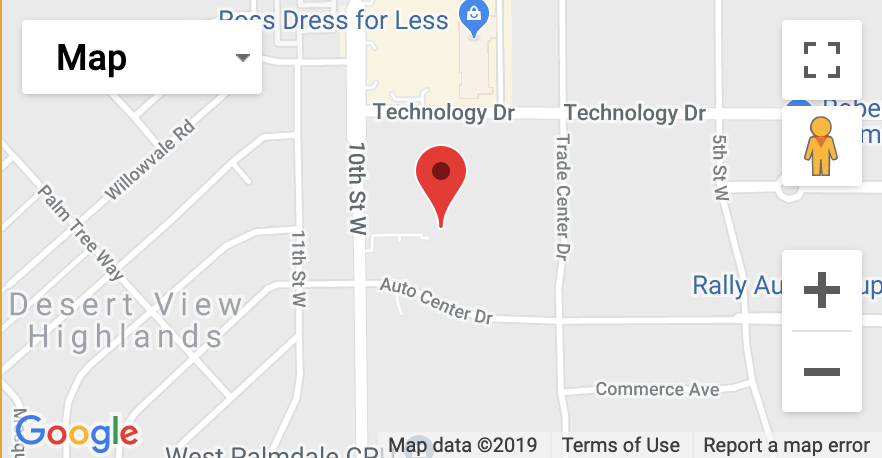What Is Corrective Jaw Surgery, and When Would I Need It?
Corrective jaw surgery repairs irregularities of the jaw, and it realigns your maxilla and mandible (upper and lower jawbones). This makes it much easier to bite and chew normally. It may ease facial pain and fatigue, as well. If your dental issues make it difficult to perform routine activities, such as biting, chewing, or speaking, your dentist may refer you to an oral surgeon in Valencia, West Valley, and Palmdale, CA, for corrective jaw surgery.
What Might Cause Me to Need Corrective Jaw Surgery?
Advanced gum disease can cause issues with your jawbone. Bone loss from a lost or extracted permanent tooth can, too. Or if you’ve suffered an injury to this area, corrective jaw surgery may be the solution. A disorder of your temporomandibular joint could also require surgery for repair.
If you’re noticing sudden or gradual changes to your teeth and gums that are making everyday activities more difficult, it’s time to see your dental professional for help.
What Happens During Corrective Jaw Surgery?
During corrective jaw surgery, your oral surgeon detaches either your upper or lower jawbone and repositions it back to where it’s supposed to be. They then secure it through a combination of fixation plates and screws while it heals. Typically, the plates and screws do not require removal after the surgery.
In some forms of oral surgery, your surgeon may shave off excess bone that has grown where it shouldn’t. Excess bone growth can cause normally flat surfaces to become angled, causing issues such as an open bite.
How Long Is Recovery From Corrective Jaw Surgery?
Your recovery time will depend on your particular type of surgery, but any bruising should disappear after several days. Swelling usually takes two to three weeks to disappear. The jawbone, itself, may need a full year to heal completely. Prescription pain medication may be required in the few days following your procedure. However, over-the-counter medication should be all that’s required afterward.
For more information on corrective jaw surgery in Valencia, West Valley, or Palmdale, CA, contact Heritage Oral Surgery & Implant Centers. Our experienced team is always ready to sit down with you to answer any questions you may have regarding your upcoming surgery. Contact us today to schedule a consultation.








